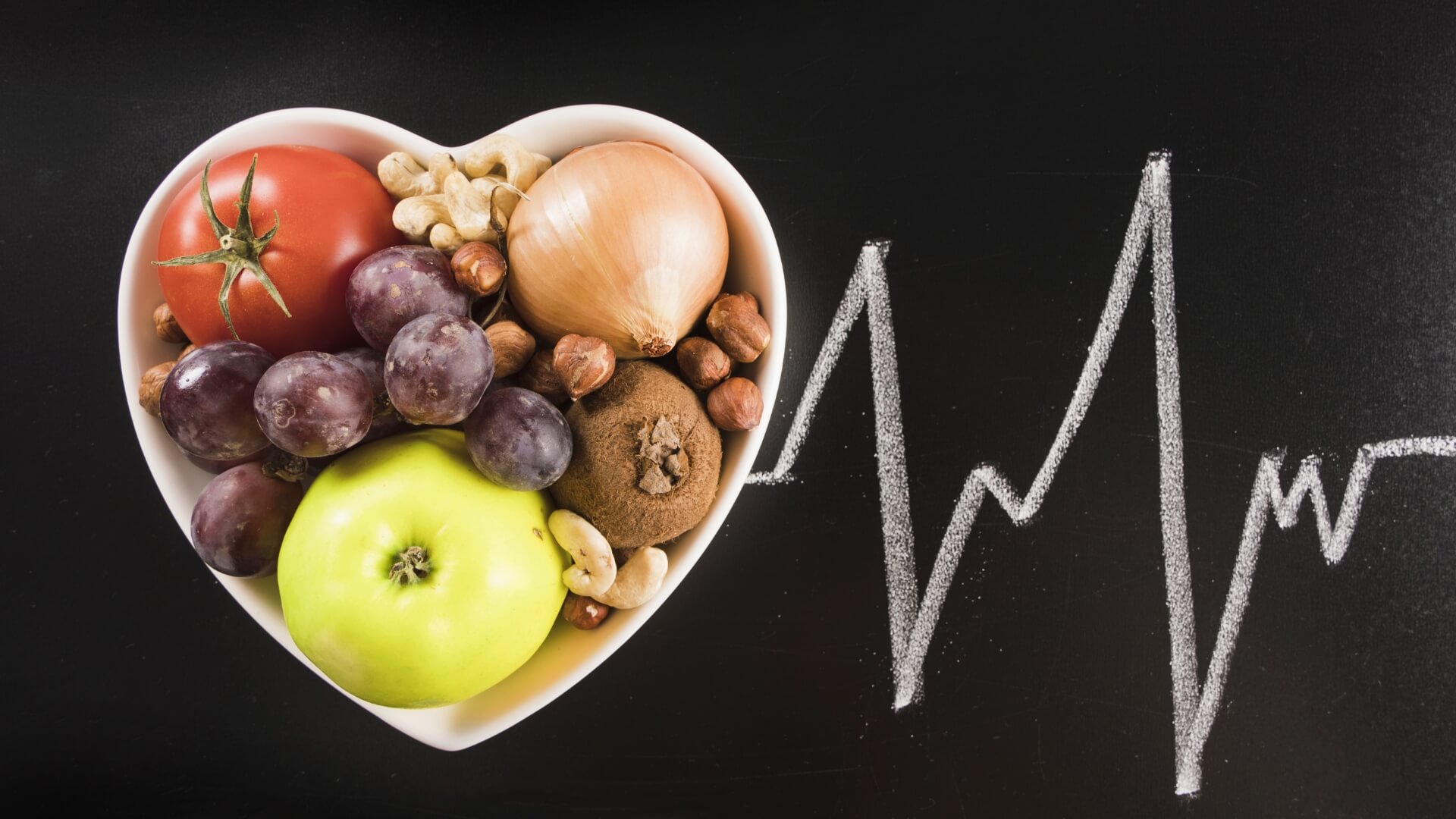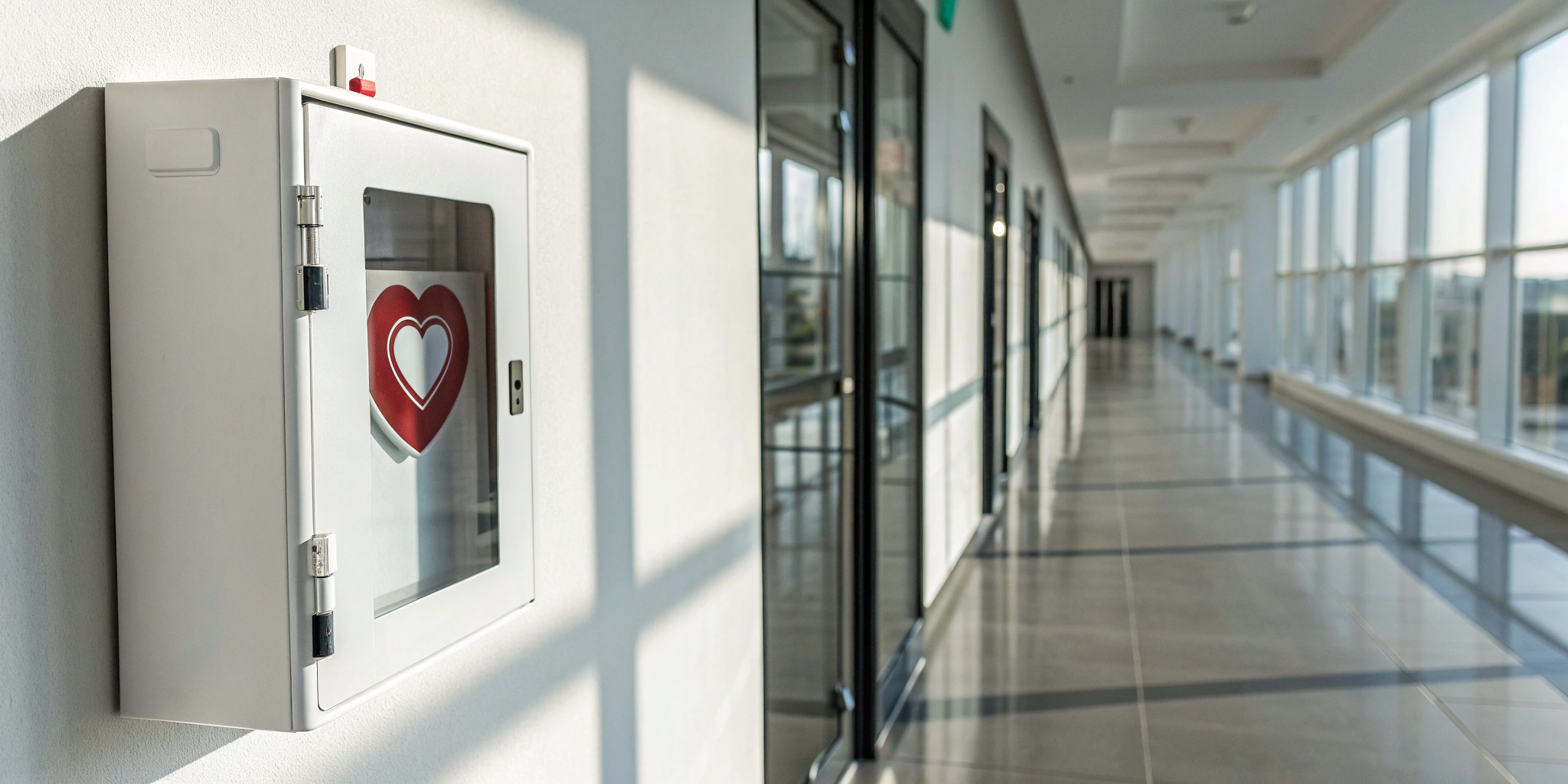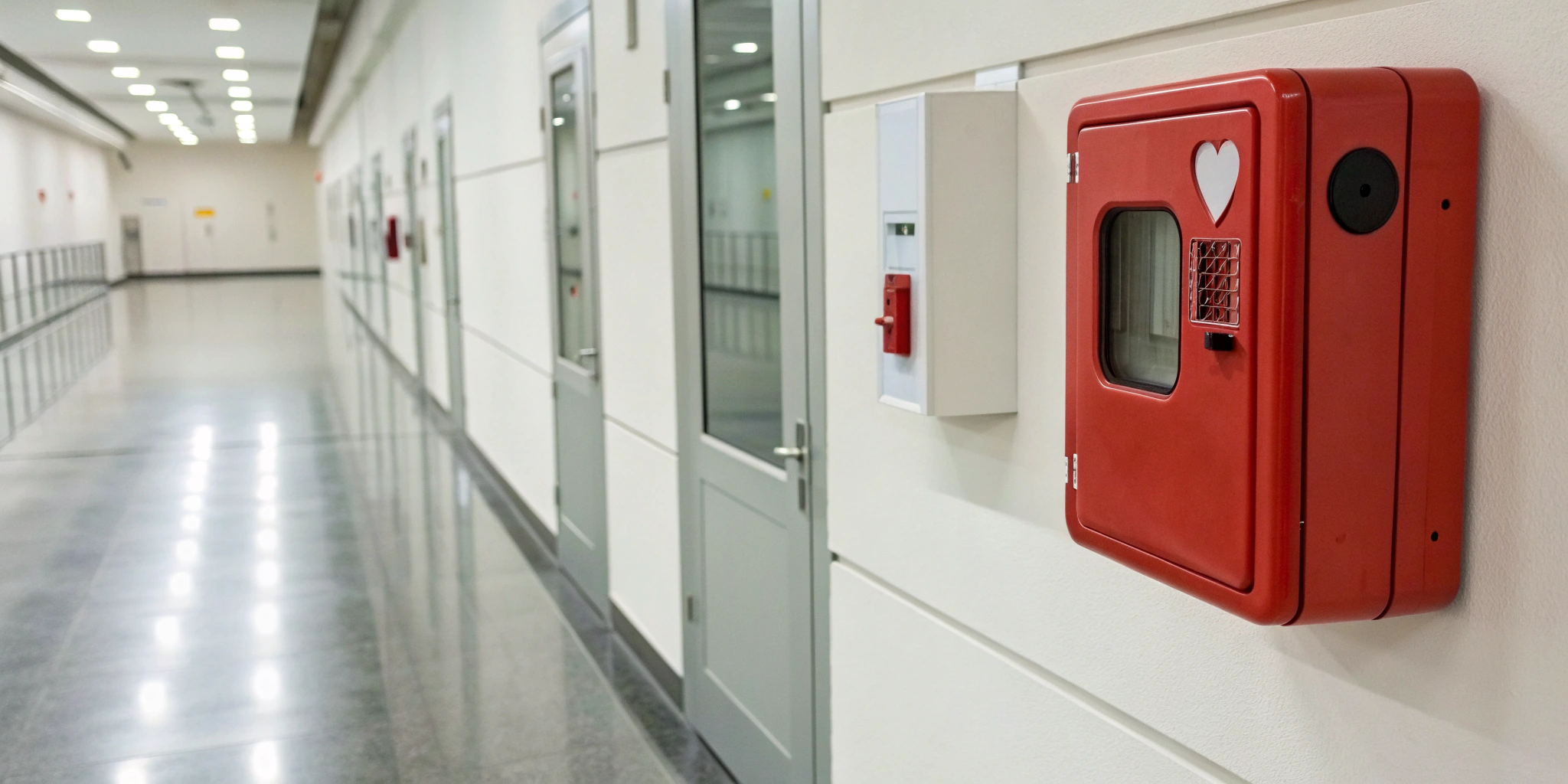-
 Written By
Prabakar Mahalingam
Written By
Prabakar Mahalingam
- Published
10 Foods to Avoid If You Have Heart Palpitations to Keep Your Heartbeat Steady

Heart palpitations often happen after meals. They can also be linked to various health issues. Common triggers range from dehydration and electrolyte imbalances to pregnancy or heightened anxiety. Anemia, thyroid disorders, or heart problems like atrial fibrillation may cause this. Identifying the cause is essential for effective management and long-term heart health.
If you have heart palpitations and also feel chest pain, nausea, bloating, or an irregular heartbeat, seek medical help right away. These symptoms could or show a serious heart issue.
Heart palpitations after meals are usually harmless. If your heartbeat is fast, irregular, or fluttering, it could mean a serious heart problem. Don’t ignore these symptoms.
If you often have heart palpitations after eating or drinking, look at what you consume. This can help identify possible triggers. When diet isn’t the cause, consulting a doctor can help uncover other underlying reasons.
Top foods to avoid if you experience heart palpitations.
Some foods and drinks can cause heart palpitations. Yet, the effects can vary from person to person. Caffeine and other stimulants can boost the nervous system and increase heart rates. Spicy foods might affect the heart indirectly by impacting nearby digestive organs.
1. Caffeine
Caffeine stimulates the heart and, when consumed in excess, can trigger palpitations. It’s not limited to coffee—chocolate, cola, green tea, and energy drinks may also cause your heartbeat to speed up.
If your heart speeds up after extra coffee or an energy drink, reducing caffeine may help. Experts say adults should limit intake to under 400 mg daily. Pregnant individuals should keep it to 200 mg to reduce risks.
2. Sugary Foods
Sugary foods and refined carbs like bread, rice, and pasta can cause palpitations. This is especially true for people who are sensitive to low blood sugar. A quick energy spike can make your heart beat faster. This is often called a sugar rush.
If sweets or carbs trigger palpitations, smaller portions can make a difference. Eating them with healthy fats or after a balanced meal can reduce their impact. Avoid having them on an empty stomach.
3. Chocolate
Chocolate can sometimes cause palpitations. It has caffeine, sugar, and theobromine. These can raise your heart rate. Choosing milk chocolate in moderation, rather than dark chocolate, might ease symptoms.
4. High Sodium Foods
Too much sodium stresses the heart and digestive system. It also raises blood pressure. This can cause problems like atrial fibrillation and heart disease.
Salty snacks, processed meats, and heavy seasoning can cause palpitations. Reducing processed foods and cutting back on salt may help ease these symptoms.
5. Fatty foods
Foods high in saturated fats, like fried foods, ice cream, and red meat, can cause palpitations. They also raise the risk of rhythm problems. Frequent use of omega-6-heavy oils for frying may also contribute to heart disease.
Eating less fried food and saturated fats helps reduce palpitations. It also improves heart health. Pick healthy fats like olive oil, fish, and avocados. These choices help support your heart health over time.
6. Alcohol
Alcohol often triggers palpitations. Drinking a lot can raise the chances of atrial fibrillation, stroke, and other heart problems. Reducing intake may help calm palpitations and protect long-term heart health.
How much alcohol should I drink?
Health guidelines suggest women limit alcohol to one drink a day and men to two. If you feel palpitations after drinking, it’s safer to limit yourself to a few drinks a week.
7. Spicy foods
Mild spices can help with cholesterol and metabolism. Yet, heavily spiced meals might upset those not used to them. This can cause sweating, heartburn, and a fast heartbeat.
When introducing spicy foods, start with milder options to gauge your body’s response. If you feel palpitations, try eating dairy or carbs. They may help ease the discomfort until it goes away.
8. Foods Containing Tyramine
Tyramine is an amino acid that helps control blood pressure. Yet, eating foods high in tyramine can lead to a quick rise in blood pressure.
Tyramine-rich foods can raise blood pressure and may cause palpitations. Examples include aged cheese, cured meats, soy sauce, dried fruits, and sauerkraut. Sauerkraut has probiotics that help digestion. Enjoy it in moderation and pay attention to how your body reacts.
9. Foods Containing Monosodium Glutamate (MSG)
Monosodium glutamate (MSG) boosts flavor in packaged foods and restaurant meals. But for some people, it can cause headaches and heart palpitations.
If you’re sensitive to MSG, check labels carefully. It can show up as hydrolyzed proteins, glutamic acid, or autolyzed yeast extract. So, reading the labels is essential.
10. Certain dietary supplements, herbs, and medications.
Heart palpitations can come from more than food and drink. Some herbs, supplements, and medications may also trigger them in certain people.
Herbs
- Bitter orange
- Ephedra
- Ginseng
- Guarana
- Hawthorn
- Valerian
- Yerba maté
Supplements
- Excessive amounts of vitamin D
Medications
- Allergy medications
- Asthma medications
- Antibiotics
- Beta-blockers
- Cold medications
- Diet pills
- Heart disease medications
- High blood pressure medications
- Insulin
- Thyroid medications
- Pseudoephedrine
- Certain recreational drugs
How to deal with heart palpitations after eating.
If palpitations frequently follow meals, keeping a food diary can be helpful. Keeping track of what you eat and drink, your medications, and your mood can show patterns. This might help you find potential triggers.
After a week, share your habit diary with your doctor or cardiologist. It can reveal important details about your health. This way, they can give you tailored guidance.
When it’s a medical emergency
Heart palpitations can signal a serious problem. This is especially true if you also feel chest pain, shortness of breath, or discomfort in your arm, jaw, or back. Dizziness, sweating, or fainting are urgent symptoms. They need immediate medical attention.
If you have palpitations with severe symptoms, call emergency services right away. Let those around you know. A defibrillator, such as the LIFEPAK CR2 or Philips HeartStart FRx, can save lives during sudden cardiac arrest. Getting to one quickly is crucial.
FAQs
What causes an increased heartbeat after eating?
An increased heartbeat after eating can occur for several reasons. Heavy meals, high sugar or carb intake, caffeine, and foods high in sodium and fat can all contribute. Eating these can stress your digestive and heart systems. This may cause a racing heartbeat afterward.
Why do I get heart palpitations after eating?
Heart palpitations after eating often happen due to certain foods or drinks. For example, coffee, energy drinks, and alcohol can trigger the nervous system. Large meals or spicy foods can make your heart flutter or race.
How can I avoid palpitations after eating?
To avoid palpitations, eat smaller meals. Limit caffeine. Cut back on foods high in sugar, salt, or fried fats. Drinking enough water and tracking your food can help spot triggers. This can reduce a racing heartbeat after meals.
Is a racing heartbeat after eating always serious?
A racing heartbeat after eating is usually harmless. If it happens often, feels strong, or includes chest pain, shortness of breath, or dizziness, it might state a heart problem. In that case, seek medical help.
Conclusion
In conclusion, heart palpitations after eating can feel troubling. Common triggers such as caffeine, sugar, sodium, alcohol, and spicy or fatty foods can affect you a lot. Eat wisely, have smaller meals, and drink plenty of water. These steps can lower the risk of a racing heartbeat after eating. If you regularly have strong palpitations, chest pain, dizziness, or shortness of breath, seek medical help right away. Pay attention to your body. Taking proactive steps helps protect your heart health and keeps your rhythm steady.
Disclaimer for information purposes only:
The information provided on this website is intended for general educational and informational purposes only. It is not medical advice and should not be used as a substitute for professional diagnosis, treatment, or care. Always consult a qualified healthcare or medical professional regarding any health-related questions or concerns.
While we strive to ensure the information shared is accurate and up to date, no guarantees are made regarding completeness, accuracy, or applicability to any individual situation. Use of this content is at the reader’s sole discretion and risk.
This website is part of the Response Ready family of emergency preparedness and training resources, including CPR & first aid training and compliance services, AED sales and program support, AED program management software, and medical oversight solutions provided through our affiliated platforms:
• CPR1.com
• AEDLeader.com
• ResponseReady.com
• MDSIMedical.com
By accessing or using this website, you agree to release, indemnify, and hold harmless the website owners, authors, contributors, and affiliated entities from any claims, losses, damages, or liabilities arising from the use or reliance on the information presented.


